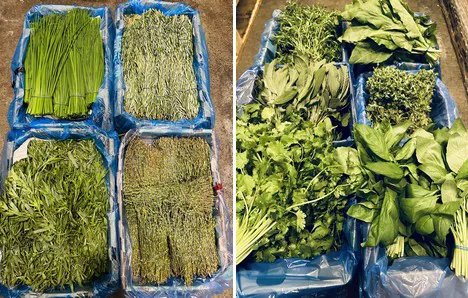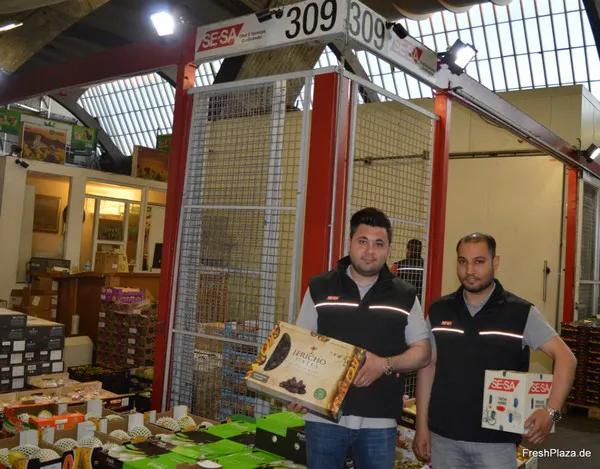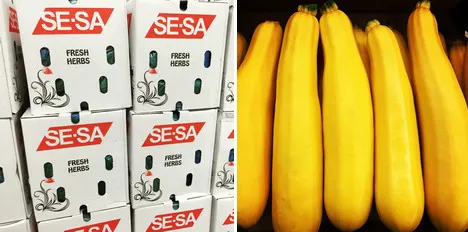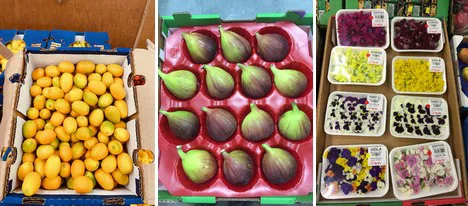Cut herbs have enjoyed increasing popularity in recent years, and they are now also being cultivated more and more in Germany. The domestic products are in direct competition with high-quality imported products, for example, from Israel. Particularly around the cold season, Israeli cut herbs are witnessing nice demand from the catering trade as well as the specialized trade, said Sedat Bayburt, managing director of the SE-SA Obst und Gemüse Großhandel, which can be found at the Hamburg wholesale market.

Israeli herbs
Since the establishment of the enterprise eight years ago, Bayburt has maintained a close connection with the Israeli herb producers. "We offer a wide selection of Israeli products throughout the year, and this has allowed imported herbs to become a fundamental part of our product range. Traditionally, demand will gradually increase from mid-October onward as many domestic herbs approach the end of the season. This peak season usually lasts into April, although certain herb varieties from Israel - most notably basil - are now selling nicely throughout the year." Complementing the Israeli products, the company also imports herbs from Kenya.

Sedat Bayburt and Sayed Nageb jointly run the wholesale company SE-SA at the Hamburg wholesale market.
A substantial part of the Israeli cut herbs are produced through open-ground cultivation, which is why the energy crisis is affecting those herb producers less. The fresh herbs are transported exclusively by air, Bayburt said. Freight rates have risen tremendously since the beginning of the crisis, leading to several price adjustments, he added. "However, this has hardly affected demand. On the contrary, Israeli herbs, including the smaller, lesser-known varieties, are becoming increasingly popular."

Left: Packaged imported herbs, Right: yellow zucchini from Israel.
According to Bayburt, the December pre-Christmas period continues to be the strongest sales month for herbs. "Especially in weeks 50-51, there is a sharp increase in demand every year." The same is true for edible flowers, which are also sourced from Israel throughout the year.

Elements from the Israeli range: kumquats, figs, and edible flowers
Through years of close cooperation with all regional producers, SE-SA Obst und Gemüse Großhandel has been able to become the go-to source for the complete Israeli fresh produce assortment, Bayburt continues. "Kumquats, for example, are a strong Israeli item. Yellow zucchini sales are also increasing every year. Israeli figs are traded a lot, especially in winter and early summer." In this regard, the growing company supplies a diversified clientele. "We still have a strong presence in the northern German food service industry, but we have gradually been able to expand our activities to other areas as well."
Images: SE-SA
For more information:
Sedat Bayburt
SE-SA Obst & Gemüse Großhandel
Großmarkt Hamburg
Tel.: +49 (0) 40 58 96 56 56
Fax: +49 (0) 40 60 56 28 79
E-Mail: info@se-sa.hamburg
https://www.sesa.hamburg/
